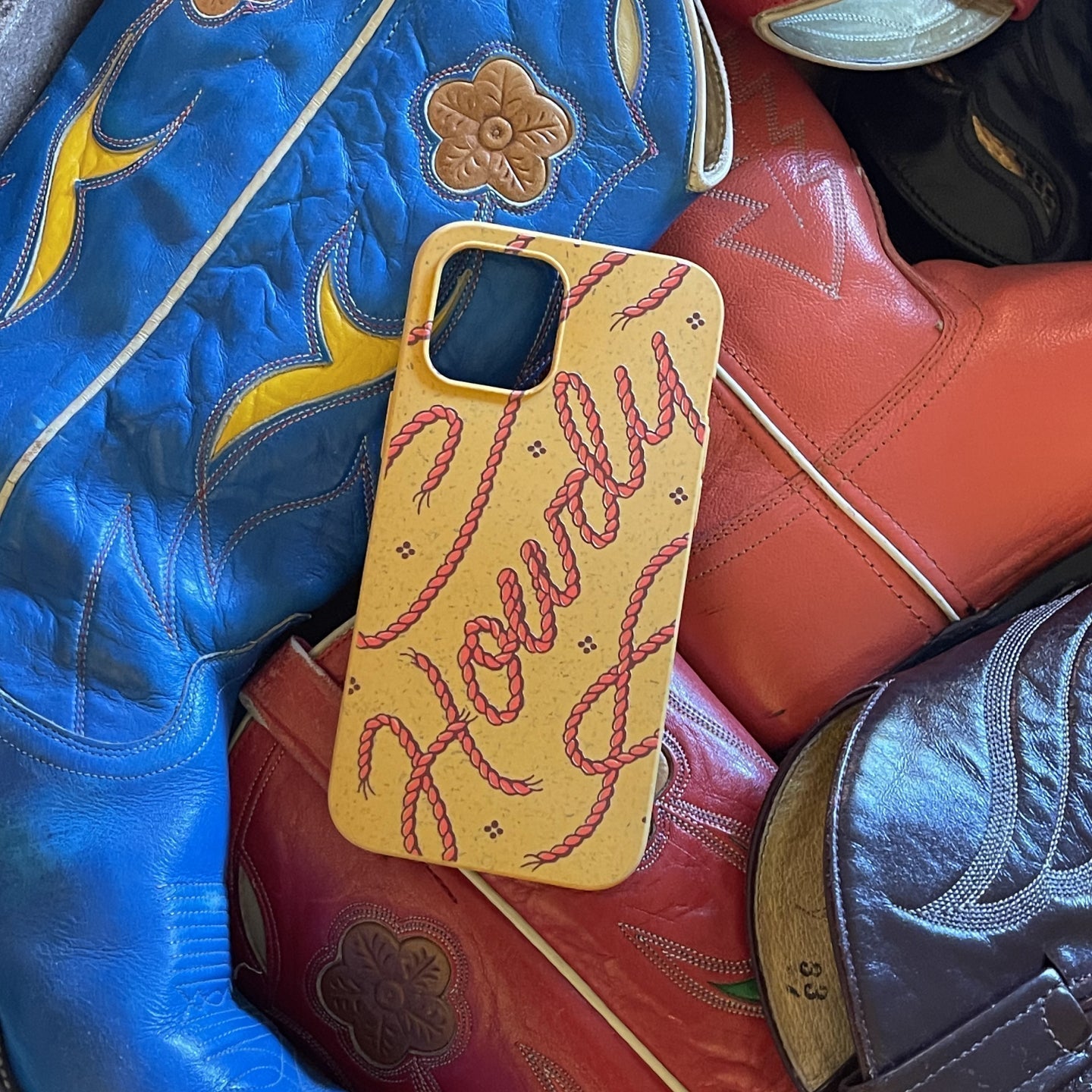
If you’ve ever seen a picture like the one above, you know we Earth inhabitants have a pretty big issue with oceanic waste. To quantify the problem: There are currently an estimated 5.25 trillion pieces of plastic waste in our oceans, and only about 15 percent of that lands on our beaches. Another 15 percent floats at the surface of the water, while the other 70 percent sinks beneath the waves, into the complex marine ecosystem where it will stay for hundreds of years. What we see on the shores is just the tip of the iceberg, so to speak.
Why does it matter? Well, for one, it’s bad for the animals and marine life that make our waterways what they are. About a million marine animals die each year from plastic waste, and many marine species regularly get entangled in the debris. This goes for fish, sea turtles, birds and even large marine mammals, who risk suffocation and drowning if they become ensnared. On top of that, plastic encourages pathogen waste that can make plants and animals sick and deprive the environment of oxygen, killing off crucial microorganisms and underwater forests.
It’s Time to Learn How to Be More Eco-Friendly
What happens without oceanic plants and animals? Without a hardy marine ecosystem, we lose a healthy habitat, a crucial food source, clean water and entire industries. We also lose one important thing that is vital to our health and happiness as humans — a beautiful, serene place to reflect on and process the stressors of modern life. Who doesn’t love the beach? Coastal environments are some of the most recreationally important for people seeking happiness and relaxation, and destroying them would be a great loss.
It takes 400+ years for plastic to degrade at the bottom of the ocean. But how long does it take for plastic to decompose on the shore? Plastic bottles can take up to 450 years to break down in a landfill. That’s why it’s so important to make the switch to compostable goods.
Beach Cleanups: A Way We Can All Help
To help combat some of this needless waste, many proactive citizens have begun to organize events called beach cleanups. In essence, these events are voluntary gatherings where groups of citizens get together to clean up trash along the coastlines. Wielding trash bags and trash pickers, they clean up beaches piece by piece, removing the waste and recycling it, composting it or reusing it. In just a few hours, volunteers can spiff up even the most polluted landscapes and beautify them for the better.

This begs the question… Do beach cleanups really make a difference? The answer is a resounding yes! Your small efforts could mean massive, positive changes for the ecosystem, potentially eliminating hundreds of thousands of pounds of waste from the ocean and beach, yielding both short- and long-term results that could significantly improve the health of our ecosystem and the beauty of the natural environment.
While there is no denying that bigger changes must be made — holding corporations and municipalities more responsible is a step in the right direction — it’s obvious that small-scale efforts work, too.
How to Organize a Beach Cleanup
The great news is you don’t need any fancy tools or special permission and you could potentially make a huge impact. However, you do need to make a couple of preparations before you dive into the big effort. Here’s how to organize a beach trash pickup event in your area to help reduce negative impact on the environment.
Choose a Location
Some beaches and waterways need more attention than others, but always make sure to choose a location that’s safe and easy to access for all volunteers. Although there are generally no rules and regulations regarding citizens picking up trash — it helps everyone, of course — you still might want to check with your local parks department or public beach authority. In addition to suggesting a location, they may also be able to equip you with special tools and supplies, coordinate with the sanitation department and tell you which areas need the most attention.
Gather Your Supplies

You and your fellow organizers should supply everything volunteers need to do their job. While these supplies typically are not excessively costly, you might consider asking for donations from individuals or local businesses. Remember, not everyone can get out to help, but some people may be happy to donate a few dollars to help you gather the necessary supplies. Here’s what organizers should have on hand for volunteers:
- Large plastic garbage bags (preferably recycled)
- Disposable gloves (preferably recycled or compostable)
- Hand sanitizer
- Sanitizing wipes
- Trash picker sticks (optional but ideal for older adults and those with mobility issues)
- First-aid kits
- Water
- Snacks
- Sunscreen and sun protective clothing
- Bug spray
Make a Plan for the Waste
We’re all happy to gather trash… but where is it going to go? Of course, we want to make sure that the highly recyclable materials — glass, plastic and aluminum, for example — are sent to the right place. This is something you need to think about beforehand to ensure that everything runs smoothly and the trash doesn’t wind up forgotten once it’s bagged.
- Get ready to compost! For the most eco-friendly approach, save anything that can be composted and start a community compost pile. You might also want to reach out to a local garden club, farm or conservation group to see if they’d like the compostable items.
Learn More About Pela’s New Compost Container, Lomi
- Be sure to have multiple different colored trash bags available to volunteers for recyclable and non-recyclable materials.
- Make a list of what can be recycled, what can be composted and what must go to the landfill to help volunteers sort properly.
- Reach out to your sanitation department or local recyclers to see if they will come pick up the filled bags when you’re done.
- Have a plan for hazardous waste. Bring a few tightly sealed containers and always wear gloves when handling anything hazardous.
- You may also need to make a plan for certain items, including bulky materials, electronics, tires, batteries, chemicals and paint. Contact your local sanitation department for advice on handling these items.
- Plan to drop off some items at the charity shop. People often leave behind beach chairs, umbrellas, clothes and more.
- Reach out to local artists who may have some ideas for how to recycle found objects and plastic into sculptures or art.
Make an Announcement
Naturally, you will need to spread the word to get people to show up and help out. Contact your local conservation groups to help inform volunteers and post on Facebook (especially in local groups), on neighborhood apps like Nextdoor and on local forums. You may also want to reach out to the local newspaper or news station to see if they’d make the announcement for you. If you’re having trouble with engagement, consider offering an incentive such as free pizza or snacks for volunteers. You may be able to get a local restaurant or grocery store to donate snacks.

Designate a Team
If you have a group of organizers ready to help, consider electing some captains to help coordinate the effort. Ask a few people to get there early to help assign tasks, hand out supplies or assist volunteers in getting started. You will also want to see who can stay later to help facilitate sorting as well as trash and recycling pickup.
Show Up and Make It Fun
Now that you’ve gathered your supplies and promoted the event, it’s time to show up and make it fun! From small-scale activities like games for the kids to big attractions like live music, you can go as big or as small as you’d like with this one. The goal is to get people to come out and stay awhile as they help beautify the beach for everyone.

More Ways to Help Lessen Oceanic Waste
If you have the ability to organize a beach cleanup event, you’re already doing amazing, impactful things for our environment. But there’s more you can do every day. At Pela, we want to help empower companies and individuals to make more eco-friendly choices, so we’ve got some awesome tips for you.
- Consume More Compostable Goods — Pela makes the world’s first 100 percent compostable phone case because we don’t want our goods to wind up in the ocean or landfills for the next several hundred years. Making the switch to compostable materials over plastic is surprisingly easy with so many companies finally making more sustainable alternatives. Where possible, be conscious about what you buy and prioritize zero-waste products. Ready to make the switch? Show your love for sea life with a compostable turtle phone case from our store!
- Reduce, Reuse, Recycle! — Ultimately, the best thing we can do to help protect our natural environment is to lessen our individual contribution to the growing pile of waste that’s clogging it up. Sure, the big efforts matter, but the small, day-to-day ones really add up to something impactful. Committing to living a lower waste lifestyle by reducing, reusing, recycling and composting can help ensure that your consumer goods don’t wind up harming plants or animals.
- Learn How to Compost — Composting is another excellent way to help reduce waste and all the damage it does. Essentially, this is the practice of taking discarded organic items — food, plant waste and consumer goods like Pela cases — and putting them back into the Earth to degrade, adding nutrients back into the soil that can be used to grow more food and plants. If you’re new to composting, be sure to read our composting guide for beginners. Surprisingly, getting started is quite easy if you know what to compost!
- Think About Conservation in Other Ways — As humans, our impact on the ocean and other waterways goes far beyond just pollution. Not only do we need to think about lessening (and removing) trash from the sea, but we also need to think about other ways our actions impact the environment. Try your best to use less water wherever possible to help conserve water. If you swim or enjoy boating and other water recreation, be sure to do so responsibly. Anglers also want to make sure they’re following responsible fishing practices to avoid overfishing or damaging the natural habitat of sea life.
- Buy Products That Give Back — In addition to buying more green goods, you can give back to the greater cause by buying items that donate a portion of sales to cleanup efforts. For example, when you buy a wave phone case from our Save the Waves collection, we will give back five percent from each sale to protect coastal ecosystems.
Shop Our Save The Waves Pela Case Collection
We Thank You for Your Effort
No individual can single-handedly save the planet, but many groups of motivated organizers can make a huge difference. Whether you spend an afternoon picking up trash along the beach or plan to put together a massive cleanup event, you should be proud that you’re doing your part to help lessen the burden on the Earth. We commend and thank everyone who selflessly spends their free time spiffing up our most beloved resources!
Image Sources
tsuponk / Shutterstock.com
Inside Creative House / Shutterstock.com
Kateryna A. / Shutterstock.com
YAKOBCHUK VIACHESLAV / Shutterstock.com
Monkey Business Images / Shutterstock.com




